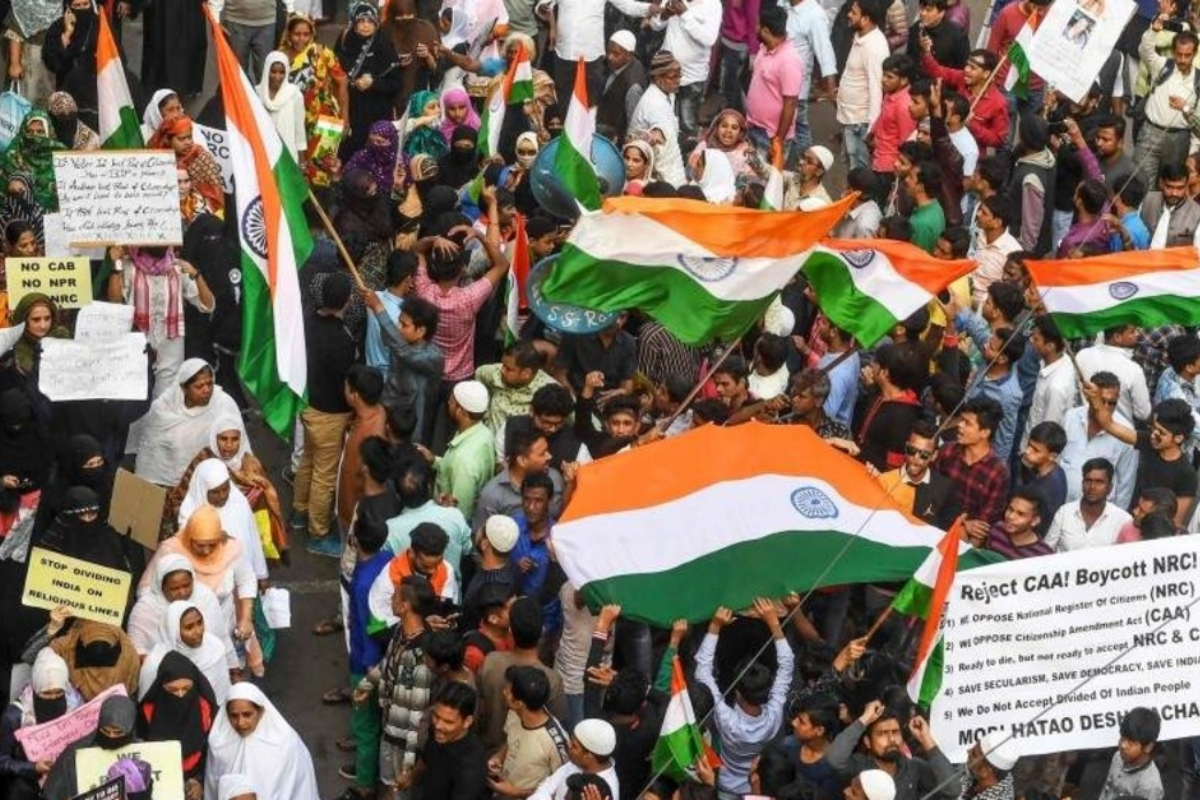- The law establishes a religious test for migrants from all major South Asian faiths, except Islam.
- The law also amends the old law, preventing illegal migrants from becoming Indian citizens.
- Eligible individuals can apply for Indian citizenship through an online portal.
Under Prime Minister Narendra Modi’s Hindu nationalist government, India has implemented a controversial citizenship law that has faced widespread criticism for excluding Muslims, a minority community whose concerns have heightened.
On Monday, the government announced the rules for the law, which establishes a religious test for migrants from every major South Asian faith other than Islam. Critics argue that the law provides further evidence that Modi’s government is attempting to reshape the country into a Hindu state and marginalize its 200 million Muslims.
WHAT IS THE NEW CITIZENSHIP LAW?
The Citizenship Amendment Act offers a fast track to naturalization for Hindus, Parsis, Sikhs, Buddhists, Jains, and Christians who fled to Hindu-majority India from Afghanistan, Bangladesh, and Pakistan before December 31, 2014. The law excludes Muslims, who constitute a majority in all three nations.
It also amends the old law, which prevents illegal migrants from becoming Indian citizens, marking the first time that India — an officially secular state with a religiously diverse population — has set religious criteria for citizenship.
The Indian government has announced that eligible individuals can apply for Indian citizenship through an online portal. The implementation of the law has been one of the key poll promises of Modi’s ruling Bharatiya Janata Party in the run-up to the general election, which is scheduled to be held by May.
Modi’s government has dismissed the notion that the law is discriminatory and has defended it as a humanitarian gesture. It argues that the law is meant only to extend citizenship to religious minorities fleeing persecution and asserts that it would not be used against Indian citizens.
[embedpost slug=”india-court-orders-bank-to-reveal-anonymous-political-donations-through-electoral-bonds/”]




















